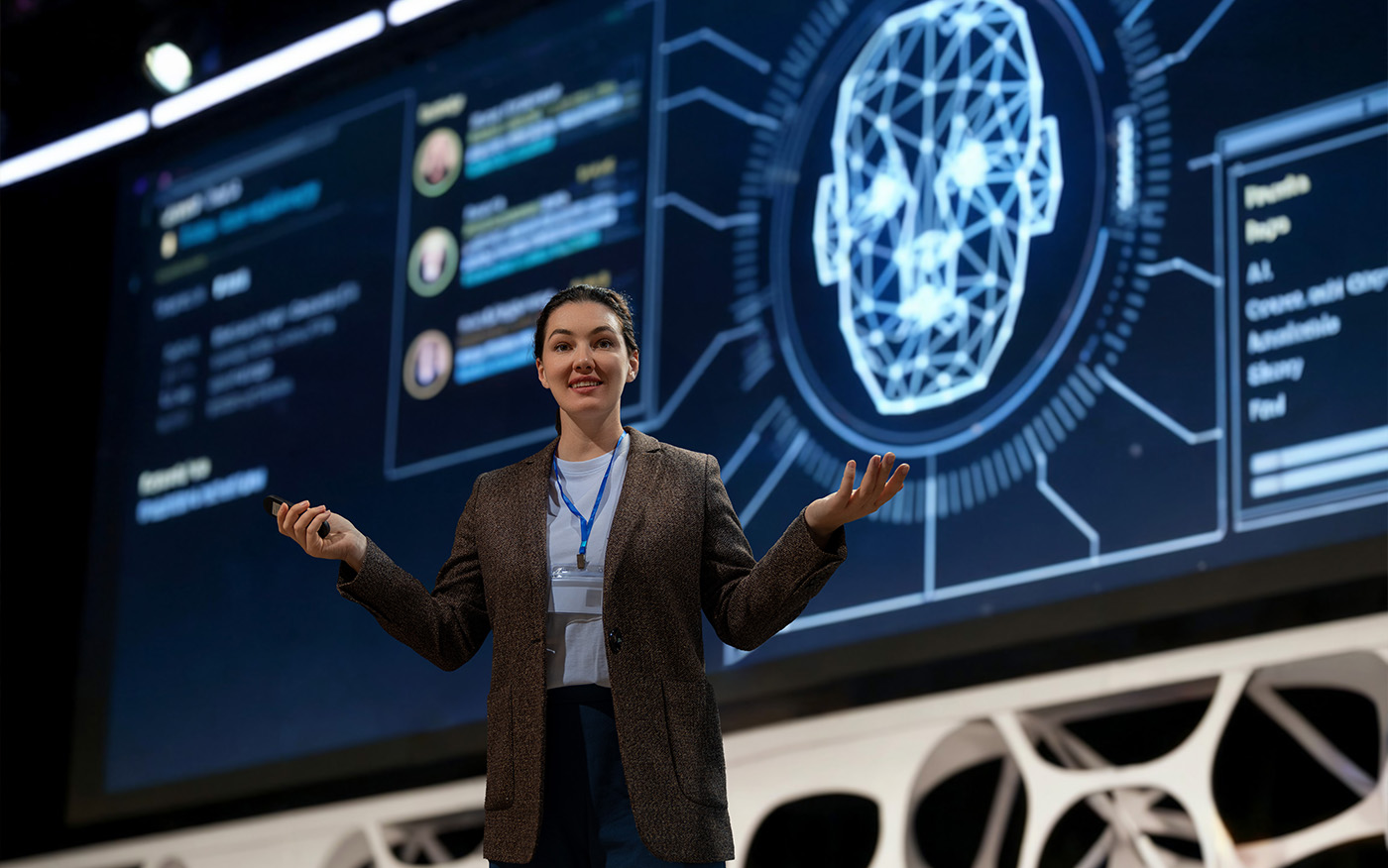Our Salesforce Solutions

 For Sales Automation
Sales Cloud
For Sales Automation
Sales Cloud
 For Customer Service Automation
Service Cloud
For Customer Service Automation
Service Cloud
 For B2C Marketing Automation
Marketing Cloud
For B2C Marketing Automation
Marketing Cloud
 Agentic Marketing
Marketing Cloud Next
Agentic Marketing
Marketing Cloud Next
 For B2B Marketing Automation
Account Management
For B2B Marketing Automation
Account Management
 AI-Powered Business Solutions
Agentforce
AI-Powered Business Solutions
Agentforce
 For Sales Automation
Sales Cloud
For Sales Automation
Sales Cloud
 For Customer Service Automation
Service Cloud
For Customer Service Automation
Service Cloud
 For B2C Marketing Automation
Marketing Cloud
For B2C Marketing Automation
Marketing Cloud
 Agentic Marketing
Marketing Cloud Next
Agentic Marketing
Marketing Cloud Next
 For B2B Marketing Automation
Account Management
For B2B Marketing Automation
Account Management
 AI-Powered Business Solutions
Agentforce
AI-Powered Business Solutions
Agentforce
















